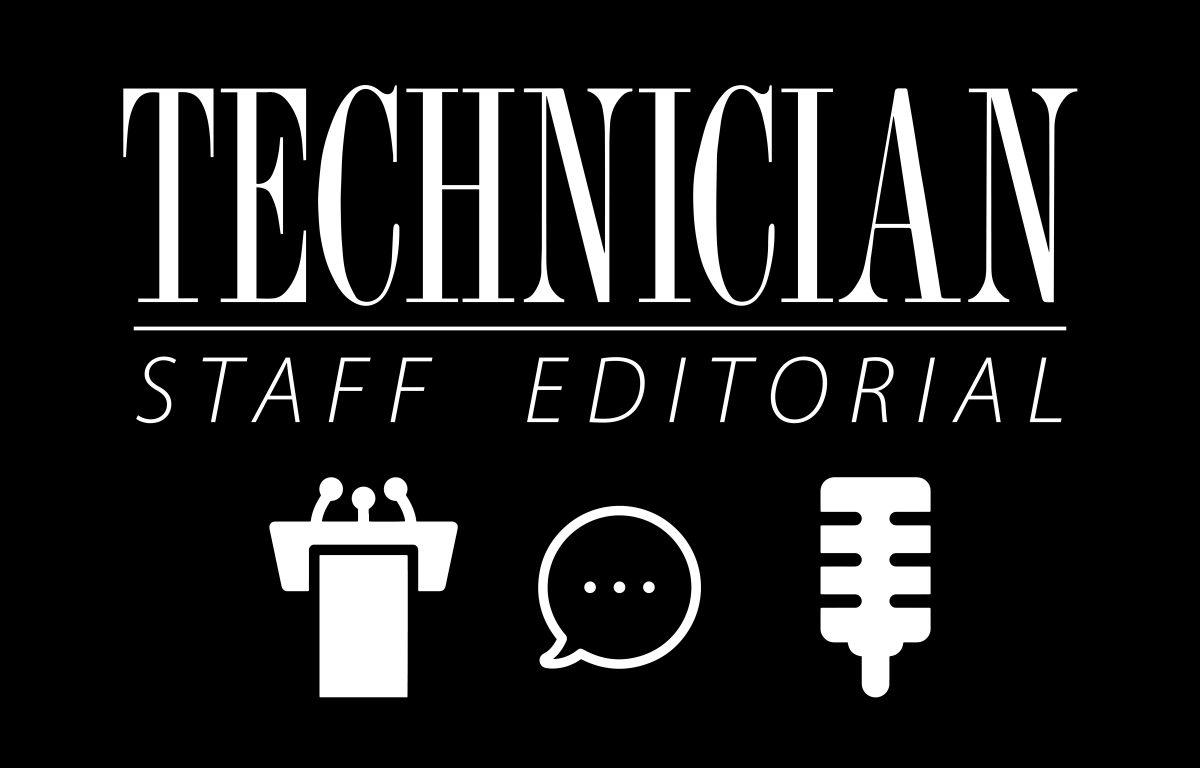This week is Sunshine Week — an annual event that celebrates open communication, freedom of information and public governmental affairs. It commemorates the public’s right to know what the government is doing and why.
The term “sunshine state” refers to a government that is highly communicative with its citizens, with transparent policy. The term got its name from the 1976 Sunshine Act — one of the many Freedom of Information Acts — which provides, with ten specified exemptions, that “every portion of every meeting of an agency shall be open to public observation.” Florida was the first state to adopt these principles — thus the perky nomenclature.
In accordance with Sunshine Week, N.C. State Student Media co-sponsored Sunshine Day 2013 with the North Carolina Open Government Coalition. Yesterday, the McKimmon Center was host to a variety of panelists ranging from Dan Kane, The News & Observer reporter who investigated the recent UNC-Chapel Hill academic scandal, to Russell Allen, Raleigh’s City Manager. One panelist who particularly stuck out to us was Lucy Dalglish, dean of the Philip Merrill College of Journalism at the University of Maryland, who harshly criticized the federal government’s lack of available information after 9/11.
“9/11 transformed how we define transparency on the federal level,” Dalglish said. “I don’t feel [that lack of federal transparency after 9/11] is making the country that much safer.”
Dalglish pointed out that since 2001, the federal government has invoked what’s called “state secrets privilege” more than 30 times. This privilege allows the government to throw out a court case based on national security issues, but it has been used far more than necessary. For example, in 2006, Maher Arar sued the Bush administration for wrongfully kidnapping him, taking him to Syria and torturing him for information he didn’t have. The court threw the case out, covering up its decision on state secrets, claiming that even mentioning the reason for Arar’s arrest was a national security issue. We can see why Dalglish said this privilege isn’t necessarily making us safer.
Look to the Cold War Era to see how overused the privilege has become. Between 1953 and 1976, the government only invoked the privilege four times.
Though President Barack Obama declared in his first day of office that “a democracy requires accountability, and accountability requires transparency,” he’s had a hard time with the follow-through. His administration has already invoked the states secret privilege at least seven times.
Contrast this with North Carolina’s communicative behavior. State government auditing agency N.C. Open Government Coalition released a Sunshine app yesterday that works to “bridge the gap between seekers and holders of public government records.” Earlier this month, a group of lawmakers proposed a bill that would make it a crime to be secretive about the public’s business.
The federal government has most often claimed to be protecting CIA interests when enacting the state secrets privilege, and we acknowledge that North Carolina doesn’t have to keep the same type of secrets. But when the government uses this privilege more than 30 times in the past 11 years, our elected officials need to calm down, and eat their words. The White House stated: “[The Obama] administration is committed to creating an unprecedented level of openness in government.” Instead of lending Obama our ears, all we can do is roll our eyes.
As journalists, we agree that there is a need for open public information, and Dalglish summed up the idea perfectly: “The media and other watchdogs want the information for the best of reasons.” And so should our elected officials.




